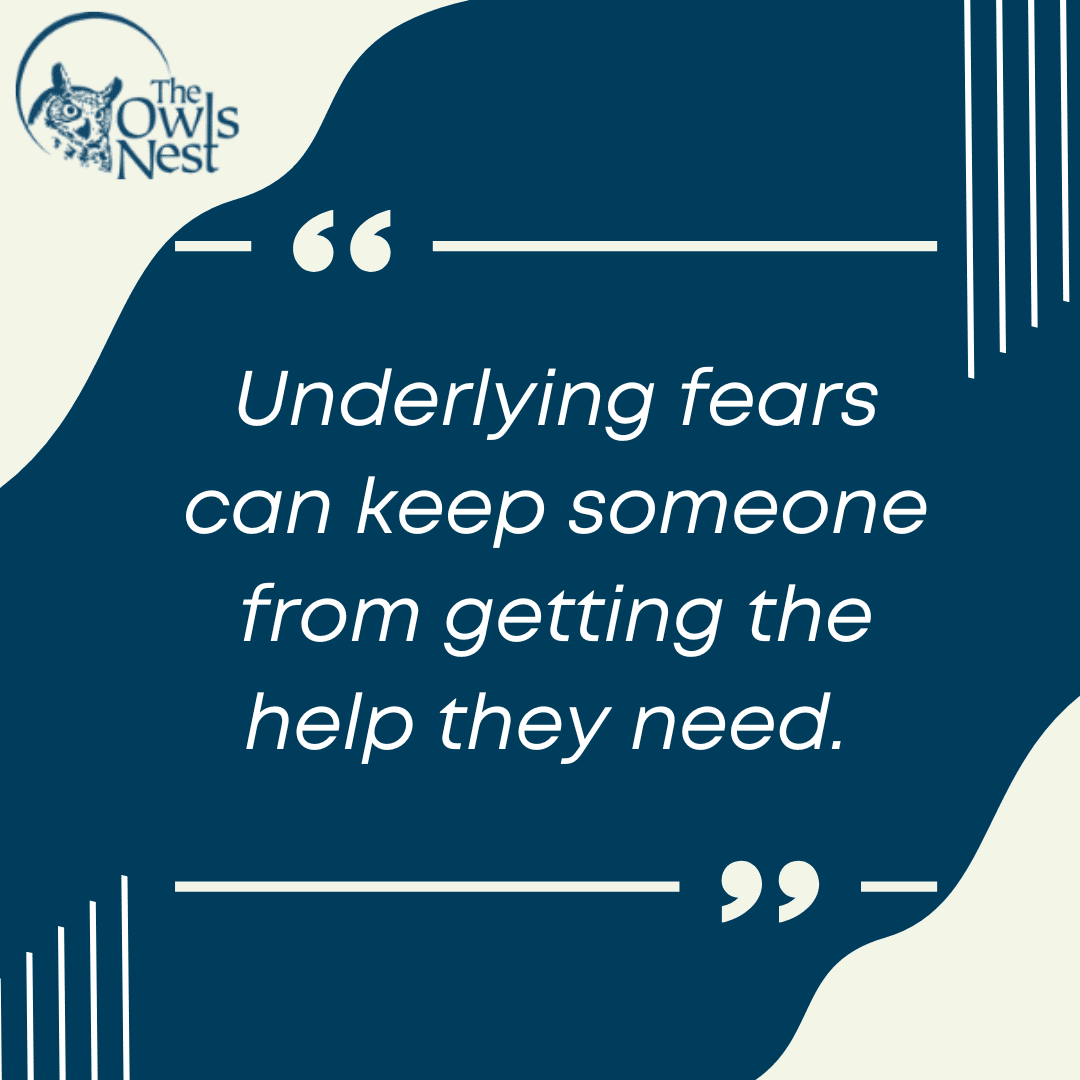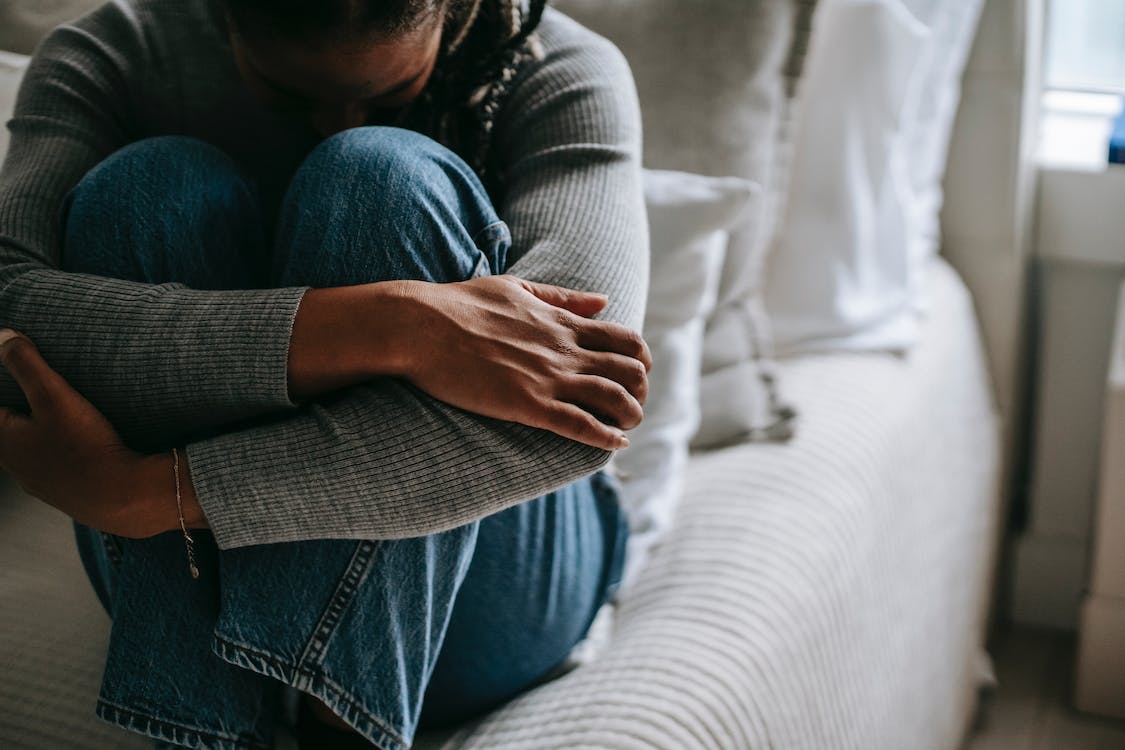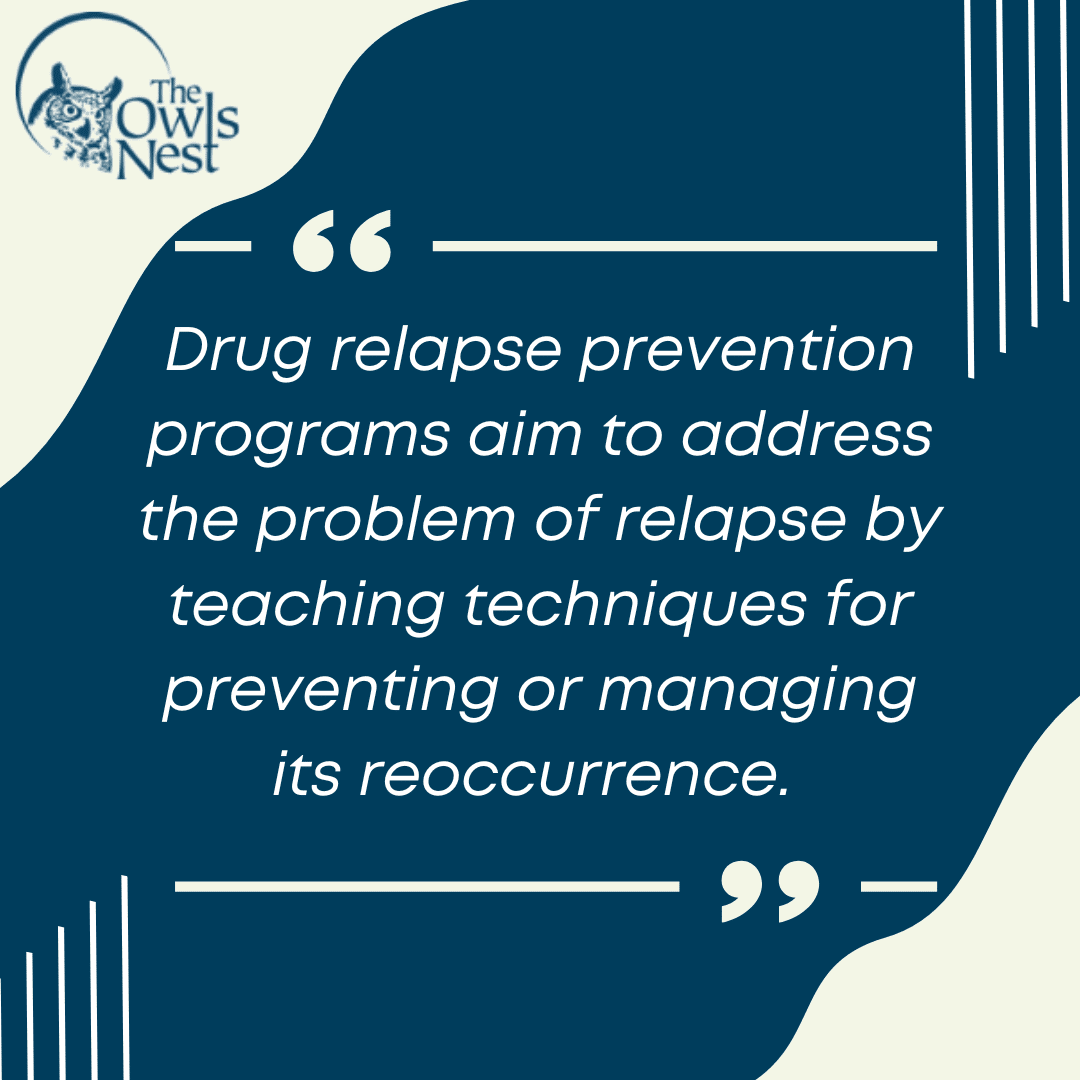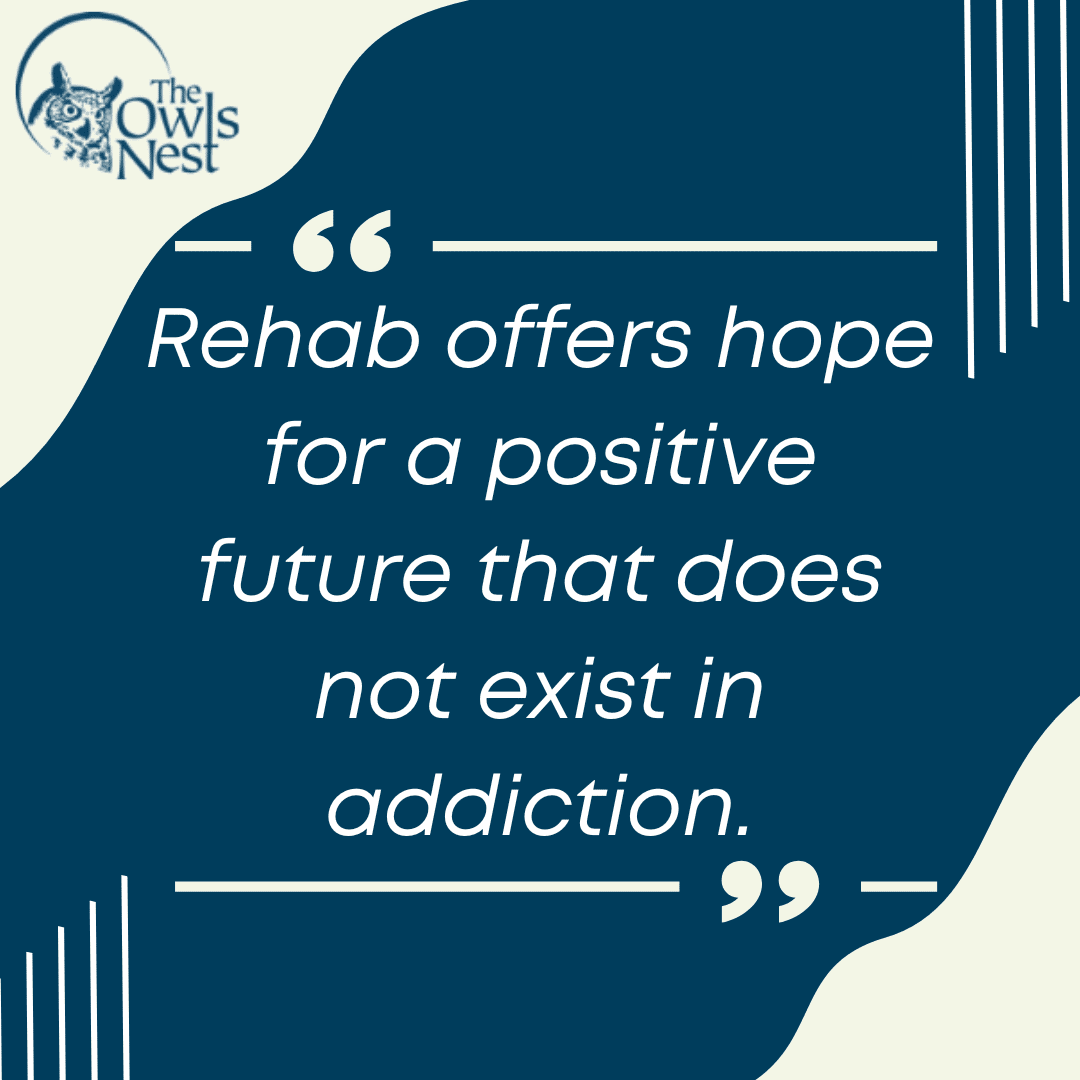You are not alone when you say that you are afraid of going to rehab. Around 90% of people with a substance use disorder don’t even consider pursuing a rehab program, and the primary reason is that rehab is expensive. The second is denial. And people also think rehab is impossible because of schedule conflicts.
A recent study of people with co-occurring substance use disorders or mental health disorders said that some of the most common barriers to receiving treatment involved fear. Of the respondents that did not seek help, for example:
- 14% of those with a mental health disorder were scared of committing to a program
- 13% of those with a substance use disorder were scared rehab might have a negative effect on their job
- 13% of substance users, and 12% of those with a mental health disorder, said they were afraid their neighbors would think negatively of them
These are just a few of the many barriers to rehab, but underlying fears can keep someone from getting the help they need. Why? Because there is so much stigma that surrounds people with addiction.
Society has led us to believe that addiction is a weakness or a character flaw, and those struggling are often blamed for it, even though addiction is a chronic disease. As a result, those battling substance addictions are often scared to speak up. Some are afraid to acknowledge they have a problem out of fear of how others might react.

What Are The 4 Levels Of Addiction In Order?
Stage 1: Experimentation
Addiction often starts as experimentation. Teenagers, in particular, are likely to experiment with drugs because of peer pressure or curiosity, although adults aren’t immune to this.
Some people may experiment and leave it at that. However, for many, this first stage opens the door to the next stage of addiction—regular use.
Stage 2: Regular use
In this next stage, drug use may become a lifestyle rather than temporary or recreational. Users may find that they begin to rely on drugs to get through social situations or that certain experiences aren’t as satisfying without the drug.
As you use drugs more and more regularly, you may find that what once helped relieve stress or boredom is now one of the factors that contribute to it.
Stage 3: Dependency
After repeated drug use, there comes a stage where you have built a tolerance to it and now begin to crave and rely on it more and more, to the point where you prioritize drug use over other things in life.
At this stage, the drug has become a reward for the body, and it starts to crave it with greater intensity. The psychological craving combined with biological needs can result in addiction or dependency.
Stage 4: Addiction
With full-blown addiction, drug users often spend much time thinking about how to obtain the next high. At this point, they may not be able to quit even if they want to.

What Is The Success Rate Of An Addict?
In 2020, nearly 92,000 people died in the United States from drug-involved overdoses. And since 2015, unintentional poisoning from drug overdoses has become the number one cause of injury-related death in the United States, killing more than 40,000 people yearly.
A peer-reviewed study found that roughly 22.3 million Americans, more than 9% of adults, live in recovery after some form of substance-use disorder.
A separate study published by the CDC and the National Institute on Drug Abuse in 2020 found that 3 out of 4 people who experience addiction recover.
What Is The Percentage Of Relapse For Addicts?
Recent drug relapse statistics show that more than 85% of individuals relapse and return to drug use within the year following treatment. Researchers estimate that more than 2/3 of individuals in recovery relapse within weeks to months of beginning addiction treatment.
Why are these drug relapse statistics so discouraging? Without a long-term drug relapse prevention plan, most people will be unsuccessful in remaining sober, so having a solid plan in place is essential.
Drug relapse prevention programs aim to address the problem of relapse by teaching techniques for preventing or managing its reoccurrence. Drug addiction relapse prevention models are based on the idea that high-risk situations can make a person more vulnerable to relapse. A high-risk situation can include people, places, or feelings that lead to drug-seeking behavior.

The process of relapse is sometimes compared to a circle of dominos. The first domino to fall might be unwittingly placing yourself in a high-risk situation; the second might be thinking you are in control or denying that you ever had a real problem. While each step may feel insignificant, they are part of a chain of events leading you toward relapse.
What Are The Reasons Addicts Are Afraid Of Rehab?
Recovery from substance abuse and addiction is within reach if only the people who need help will accept it. Quitting is only the first step. Recovery is the healing and improving part of the journey. Unfortunately, many people suffering from an addiction either are unsure where to turn to or do not realize how much hope there is in a caring, professional drug and alcohol rehab environment.
Here are 4 reasons why many addicts do not reach out and some compelling reasons to change the way you think about rehab and recovery.
#1: Drug and Alcohol Rehabs is Too Expensive
Reality: It‘s more affordable than you think.
While it is true that rehab can be expensive, the same is true of any medical care. At one time, many insurance providers either did not cover treatment or only offered minimal coverage. That changed with the Affordable Care Act.
The system isn’t perfect, and some insurance companies only pay for 30 days when 90 days is more beneficial. However, treatment centers offer a variety of ways to manage the cost, including working with insurance companies, organizing care to fit within insurance parameters, and in some cases, payment plans or other forms of assistance.

#2: “I Do Not Have a Drug or Alcohol Problem”
Reality: Denial is a common coping mechanism for people with substance abuse problems.
If it walks like a duck and quacks like a duck, chances are it is a duck. The same is true for an addict. When friends, co-workers, or family members think there is a problem and the response is, “I don’t have one,” denial is probably a factor. In teenagers, communication might shut down altogether.
Denial is a normal and sometimes beneficial way to cope with certain stressors. However, it is not healthy if it causes an addict to refuse care and treatment. Denial gives addicts a sense of control while living in an out-of-control situation. Recovery, however, is more empowering than denial. It is healthier, too.
#3: Rehab Sounds Like a Scary Place
Reality: Many drug and alcohol rehab centers provide a caring, compassionate environment that supports recovery.
Rehab does not have to be scary, even though many addicts say they are afraid. It is logical to fear the unknown, especially when hype often surpasses what is real. Substance abuse might feel like a comfort zone or a safe place to retreat, but it is a hazy and poor substitute for a clear and optimistic recovery.
Recovery clears away the haze and lets in fresh air. It teaches skills and helps addicts become stronger every day. Most importantly, rehab offers hope for a positive future that simply does not exist in addiction.

#4: There are Too Many Time Conflicts
Reality: Rehab offers a wide range of inpatient and outpatient treatments.
Time conflicts are certainly real, but there are ways to work around them. More importantly, recovery is an investment in the future. Avoidance might keep life exactly how it is right now, but that is part of the problem; life with an addiction does not hold much promise.
There are numerous inpatient and outpatient treatment programs, each customized to your individual needs. Time is precious. Learning how to live without drugs or alcohol is one of the best investments of time that you can make.
There may be 101 reasons to avoid rehab, but the reasons to go matter more than anything else. Avoidance offers nothing to look forward to in the future. Treatment is an investment in life.
Final Thoughts
Rehab doesn’t have to be a scary place. Finding the right facility that provides a supportive and understanding environment can make all the difference. Quitting and getting the help you need is difficult, but recovery is much better than regret.
If you or someone you care about are suffering from a drug or alcohol addiction, you can get help. Contact us today to learn more about admissions and take your first step toward the freedom addiction recovery offers.

Comments